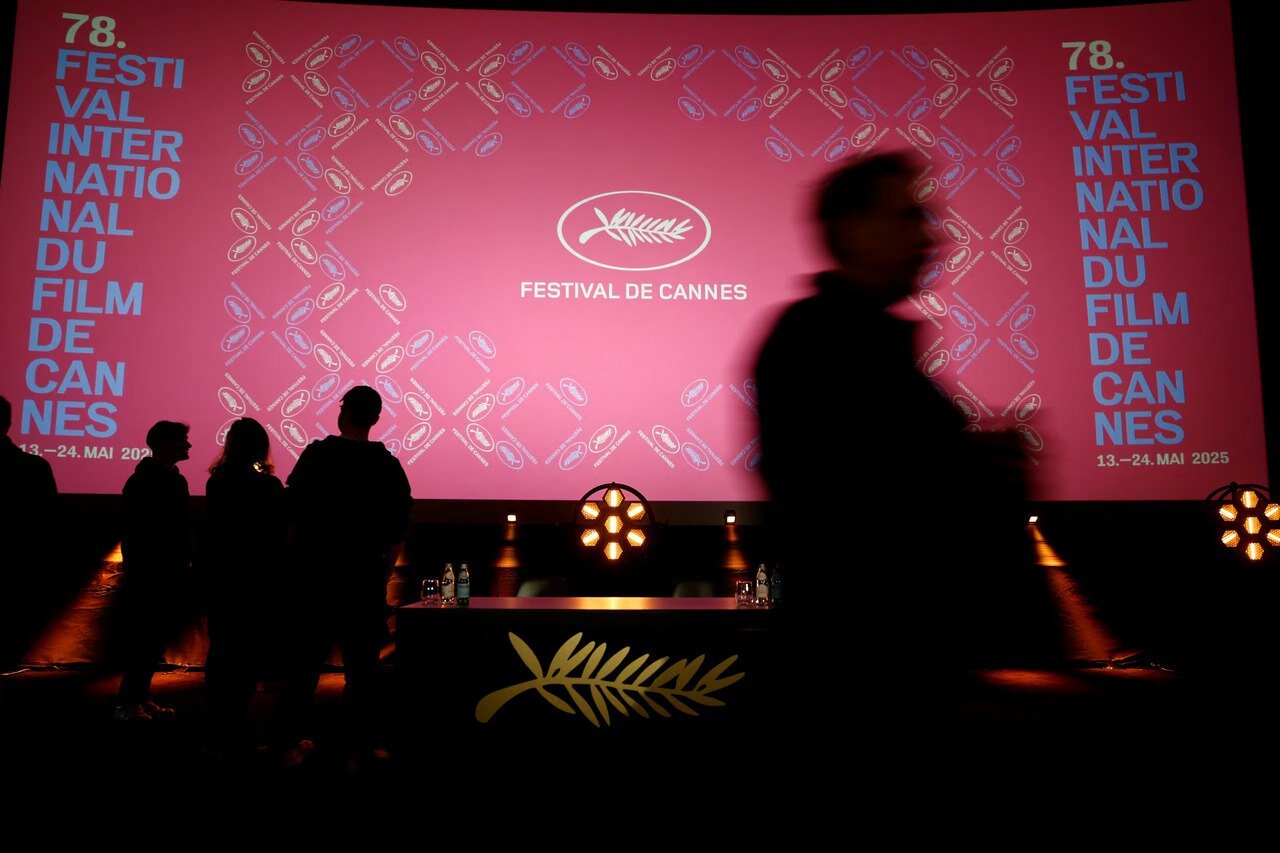
Similar Posts
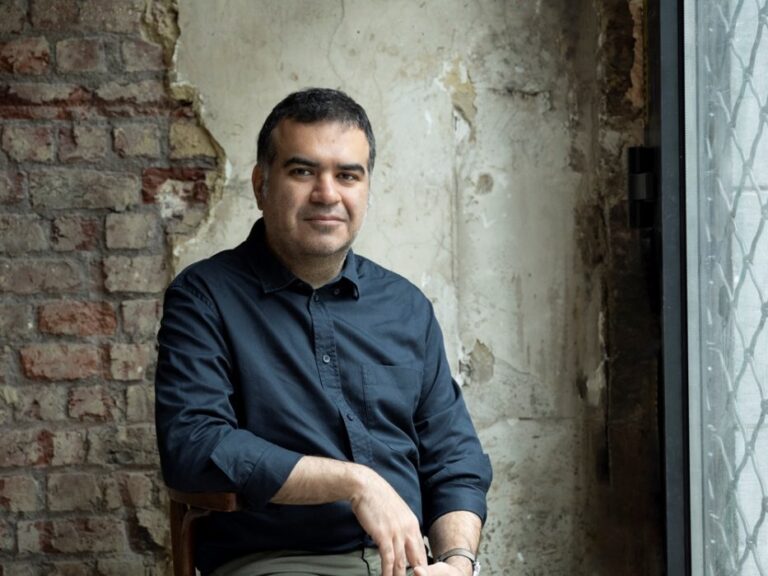
Iranian Theater Visionary Amir Reza Koohestani Takes the Helm of 34th Ecole des Maîtres
Amir Reza Koohestani, a renowned Iranian theater director, has been invited to lead the 34th Ecole des Maîtres (School of Masters), an advanced theater training program running from August 26 to October 3 across several European cities. His workshop, “Daily Life as Performance,” encourages participants to transform everyday experiences into dramatic narratives through reflective journaling and the use of personal objects. The program will host 16 participants, promoting diversity in gender, origin, and culture. Established in 1990, the Ecole des Maîtres aims to connect emerging actors with established directors, enhancing theatrical skills through collaborative learning.
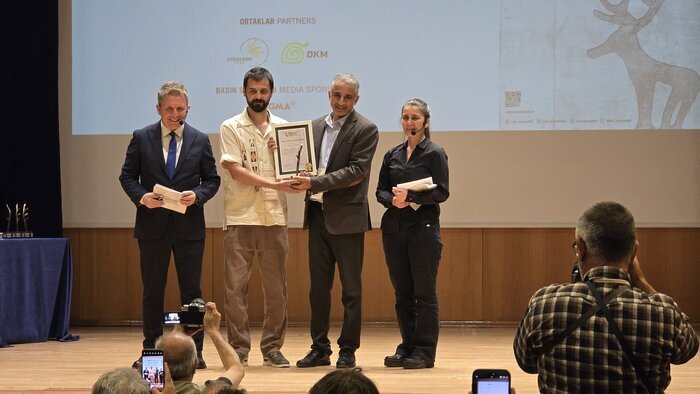
Iranian Film Triumphs at Ankara International Wildlife Documentary Festival
The Iranian documentary “Dog Eater,” co-directed by Fathollah Amiri and Nima Asgari, has won a prestigious award at the Ankara International Wildlife Documentary Film Festival in Turkey, competing among 691 films from 89 countries. The 40-minute documentary explores a border village in North Khorasan, where the community faces the mysterious disappearance of dogs and a panther’s threat. It highlights the villagers’ environmentally conscious response and the complexities of human-wildlife coexistence. The film serves as a critical commentary on wildlife conservation amid urban expansion, showcasing the filmmakers’ dedication to impactful storytelling and awareness of environmental issues.
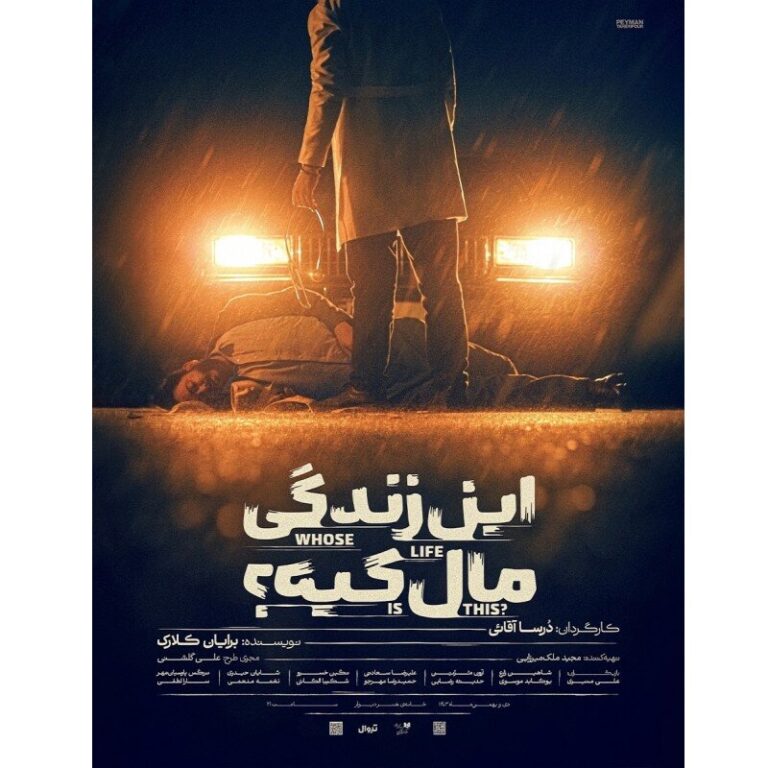
Transform Your Space: Divar Art Home Staging Brings Brian Clark’s ‘Whose Life Is It Anyway?’ to Life!
“Whose Life Is It Anyway?” by Brian Clark is being performed at Divar Art Home in Tehran, directed by Dorsa Aghaei. This 80-minute play focuses on Ken Harrison, a quadriplegic sculptor who desires to end his life due to his condition. The production raises poignant questions about euthanasia, personal autonomy, and the ethical responsibilities of medical professionals. Featuring a skilled cast, the play presents arguments for and against euthanasia, inviting empathy and conflict from the audience. A classic since its debut in 1978, it continues to resonate today, making it a compelling must-see performance.
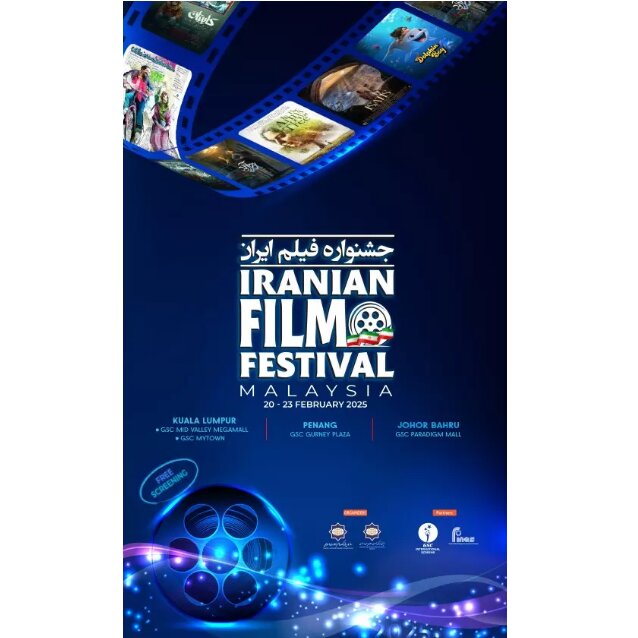
Experience the Magic: 3rd Iranian Film Festival Shines in Malaysia!
The 3rd Iranian Film Festival in Malaysia, running from February 20 to 25, showcases the richness of Iranian culture through a diverse lineup of films and animations across Kuala Lumpur, Penang, and Johor Bahru. Featured films include “In the Arms of the Tree,” which explores family dynamics, “Fragrant,” focusing on identity struggles, “Goodbye Shirazi Girl,” a romantic tale, “Captain,” highlighting resilience in adversity, and the animated “Dolphin Boy,” about friendship and adventure. Organized by the Iranian Embassy and local partners, the festival fosters cultural exchange and appreciation, leaving a lasting impact on attendees.
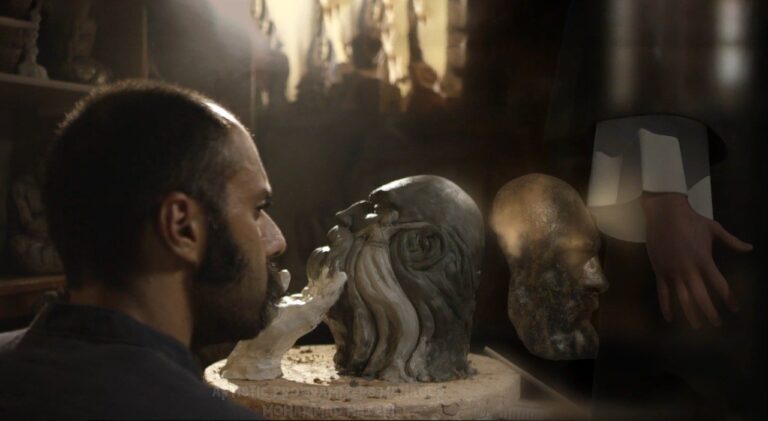
Iranian Video Art Triumphs: ‘Sculpture’ Takes Top Honors at IndieFEST Film Awards!
Iranian video artist Ramin Hosseinpour’s piece “Sculpture” won the Award of Merit Special Mention at the IndieFEST Film Awards in April 2025, showcasing the growing impact of Iranian video art globally. The work features Hosseinpour directing, composing, and performing a poem by Rumi, illustrating Rumi’s transformative friendship with Shams Tabrizi. This bond profoundly influenced Rumi’s poetry, culminating in “The Divan of Shams.” Hosseinpour’s artistry has earned him multiple awards in over 55 international festivals. His recognition at IndieFEST highlights his innovative storytelling in video art, reflecting universal themes of love, loss, and artistic expression.
Tehran Celebrates Renowned Armenian Author: A Gathering of Cultural Icons Honors Literary Excellence
The Persian translation of “The Great Silence” by Armenian author Perch Zeytuntsyan was unveiled at Tehran’s City Theater Complex, emphasizing cultural ties between Iran and Armenia. The event featured notable figures, including playwright Qotbeddin Sadeqi, who analyzed the book’s themes of identity, and composer Maestro Loris Tjeknavorian, who spoke on the historical connections between the two nations. Translator Andranik Khechumian was praised for his engaging translation. The ceremony underscored the importance of documenting historical events, particularly the Armenian genocide, a recurring theme in Zeytuntsyan’s works, which reflect his significant contributions to Armenian literature and culture.